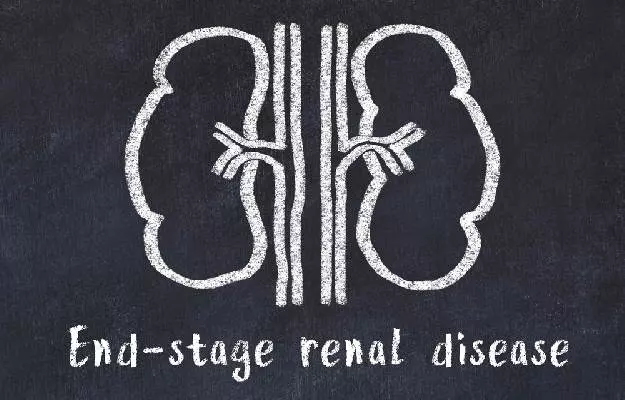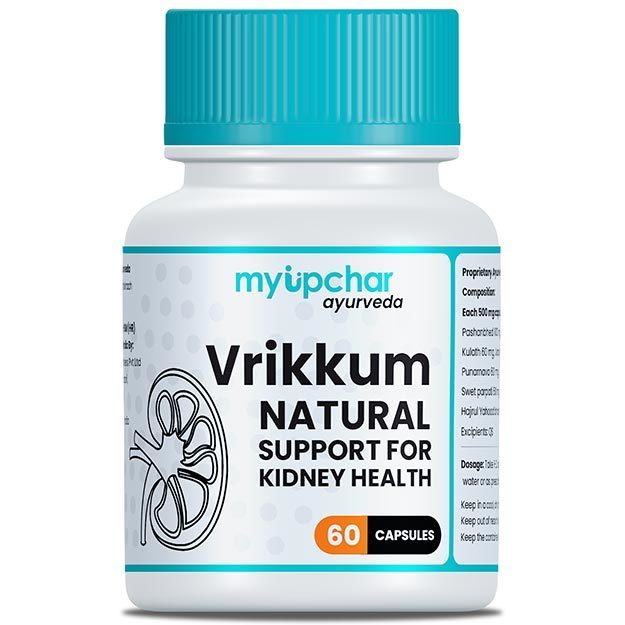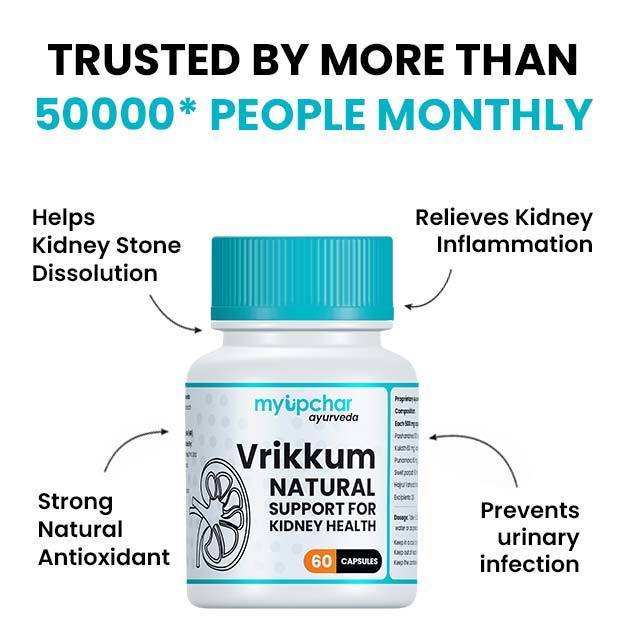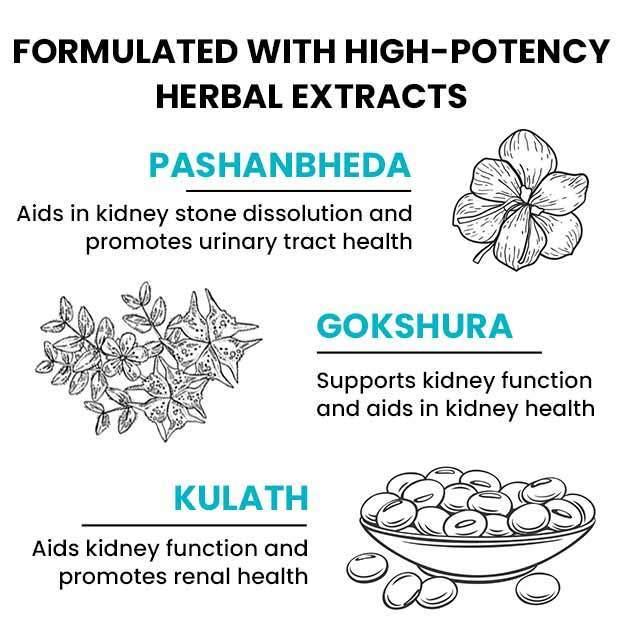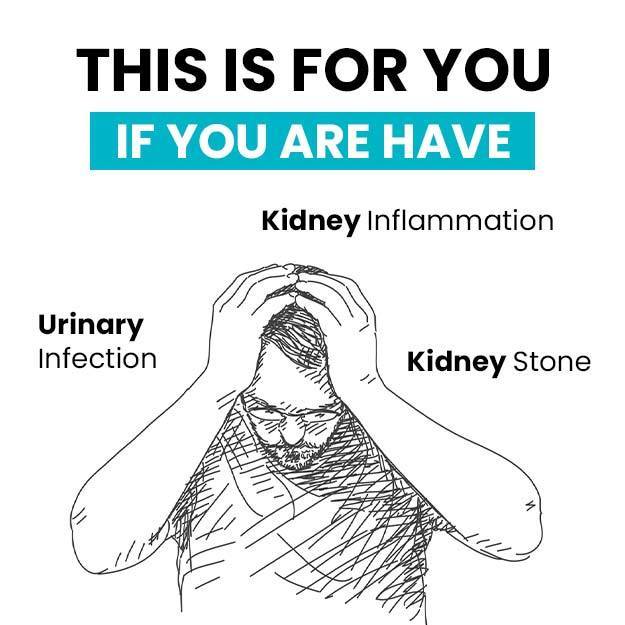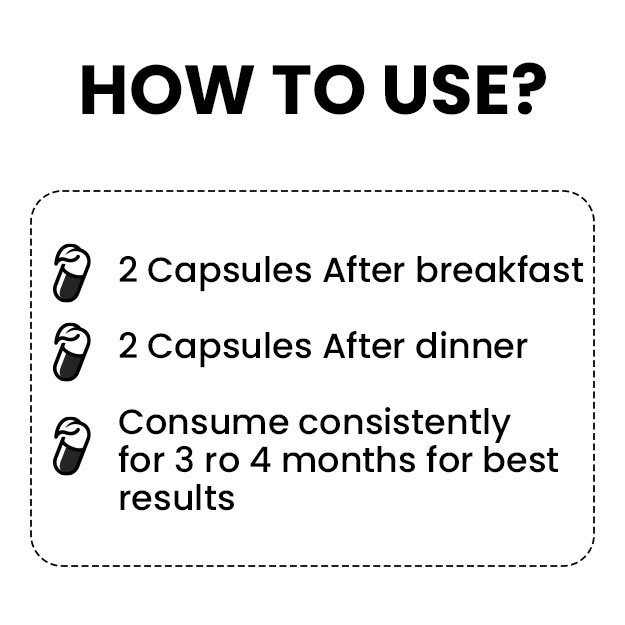End-stage kidney disease, also called kidney failure, occurs when chronic kidney disease reaches a stage where the kidneys no longer work as well as they should to meet your body's needs.
The function of the kidneys in the body is to filter waste and excess fluid from the blood which are then excreted in your urine. When the kidneys lose their filtering ability, dangerous levels of fluids, electrolytes, and wastes accumulate in the body.
In end renal disease, dialysis or kidney transplantation is required to survive.
(Read more: Chronic Kidney Disease (CKD))
- Symptoms of End-Stage Renal Disease
- When to go to the Doctor
- Causes of End-Stage Renal Disease
- Diagnosis of End-Stage Renal Disease
- Risk Factors of End-Stage Renal Disease
- Complications of End-Stage Renal Disease
- Treatment of End-Stage Renal Disease
- Prevention of End Stage Chronic Kidney Disease
- How long can one live with end stage Kidney Disease?
- Summary
Symptoms of End-Stage Renal Disease
In the beginning of stage of chronic kidney disease, there may be no signs or symptoms, but as the kidney disease progresses to end-stage kidney disease, the following signs and symptoms may appear:
- nausea
-
vomit
-
increased or decreased urination
-
having trouble breathing
-
swelling in feet and ankles
-
difficulty sleeping
-
muscle twitches and spasms
-
constant itching
Symptoms of kidney disease are mixed with the symptoms of any other disease. Therefore signs and symptoms may not appear until irreparable damage has occurred. Try Vrikkum Capsule by my Upchar Ayurveda for the treatment of kidney stones, other kidney diseases, urinary incontinence and painful urination.
(Read more: Kidney Diseases: symptoms, causes, treatment)
When to go to the Doctor
Be sure to visit your doctor if you notice symptoms or signs of end stage chronic kidney disease:
If you are already being treated for a condition that may increase your risk of kidney disease, your doctor may monitor kidney function with urine, blood tests, and blood pressure.
Causes of End-Stage Renal Disease
end kidney disease occurs when another disease or condition impairs kidney function, causing kidney failure over several months or years.
Diseases and conditions that can cause kidney disease include:
- type 1 or type 2 diabetes
-
high blood pressure
-
Glomerulonephritis – inflammation of the kidney's filtering units (glomeruli)
-
Interstitial nephritis – inflammation of the kidney tubules and surrounding structures
-
polycystic kidney disease or other hereditary kidney disease
-
Long-term blockage of the urinary tract from conditions such as an enlarged prostate, kidney stones, and some cancers
-
vesicoureteral reflux, a condition that causes urine to back up into your kidneys
-
Recurrent kidney infections, also known as pyelonephritis
Treat infection in the uterus, abnormal discharge, burning sensation in the urinary tract with pushyanug churna by myUpchar.
Diagnosis of End-Stage Renal Disease
Doctors perform the following tests along with physical examination to check kidney function:
- Urinalysis: This test checks for protein and blood in the urine to see if the kidneys are not processing waste properly.
-
Serum creatinine test: This test helps to check whether creatinine is increasing in your blood or not.
-
Blood Urea Nitrogen Test: This test measures the amount of nitrogen in the blood.
-
Estimated glomerular filtration rate (GFR): This measures how well the kidneys filter waste.
(Read more: Uremia: symptoms, causes, treatment)
Risk Factors of End-Stage Renal Disease
Certain risk factors increase the risk that kidney disease may rapidly progress to end-stage kidney disease, including:
- diabetes
-
kidney disease polycystic kidney disease
-
high blood pressure
-
tobacco use
-
Family history of kidney failure
-
older age
-
Frequent use of medications that can be harmful to the kidneys
Complications of End-Stage Renal Disease
Once a kidney gets damaged, it cannot be repaired. Possible complications can affect almost any part of your body, such as:
- Fluid retention, which can cause swelling of the arms and legs, high blood pressure, or fluid in your lungs (pulmonary edema).
-
A sudden increase in potassium levels in the blood (hyperkalemia), which can impair heart function and be life-threatening
-
heart disease
-
Weakening of bones and increased risk of bone fractures
-
Decreased sexual desire, erectile dysfunction, or decreased fertility
-
Damage to the central nervous system, which can cause difficulty concentrating, personality changes, or seizures
-
Decreased immunity, which increases the risk of infection
-
Pericarditis, inflammation of the saccular membrane covering the heart (pericardium)
-
Complications in pregnancy
-
malnutrition
Irreversible damage to the kidneys (end-stage kidney disease) may occur, requiring dialysis or a kidney transplant to survive.
Treatment of End-Stage Renal Disease
Treatment for end-stage renal disease is dialysis or kidney transplantation. In some cases, lifestyle changes and medications may help.
1.dialysis
You have two options in dialysis.
- Hemodialysis – This uses a machine to process blood. The machine filters the waste using a slurry. After this it returns the cleaned blood back to the body. This method is usually used three times per week and takes three to four hours each time.
- Peritoneal dialysis – In this procedure a solution is put into the abdomen which is then removed using a catheter. This type of dialysis can also be done at home with proper training. This is often done overnight while sleeping.
2. Kidney transplant
Kidney transplant surgery involves removing the damaged kidney (if removal is required) and implanting a new kidney. The other kidney may continue to function normally.
3. Medicines
People with diabetes or high blood pressure should control their conditions to prevent end-stage kidney disease. There is benefit from using angiotensin-converting enzyme inhibitors (ACE inhibitors) or angiotensin receptor blockers (ARBs).
Kerendia (finerenone) is a prescription medicine that may reduce the risk of end-stage kidney disease, cardiovascular death, and hospitalization for heart failure in adults associated with type 2 diabetes.
4. Vaccination
Some vaccines can help prevent serious complications of end-stage kidney disease.
In particular, if under the age of 26, vaccination should be done against influenza (flu), tetanus, pneumococcal disease, hepatitis B and human papillomavirus.
5. Lifestyle changes
Monitoring weight includes increasing calorie intake and reducing protein consumption, reducing fluids, adopting a diet low in sodium, potassium, phosphorus and other electrolytes, etc.
Limit these foods to avoid consuming too much sodium or potassium:
Bananas, Tomatoes, Oranges, Chocolate, Nuts and Peanuts, Spinach, Soy Sauce, Salad Dressing ,Various canned foods, processed foods, meat or hotdogs, etc.
Taking vitamin supplements such as calcium, vitamin C, vitamin D and iron can help kidney function and the absorption of essential nutrients. To strengthen the body's immunity, take Sprowt Plant Based Vitamin C with Zinc for Immunity Booster.
Prevention of End Stage Chronic Kidney Disease
Kidney disease can be reduced by adopting a healthy lifestyle -
- healthy weight
-
be active most days
-
A balanced diet of limited protein and nutritious, low-sodium foods
-
control blood pressure
-
take medications as prescribed
-
checking cholesterol levels
-
controlling blood sugar
-
Not smoking and using tobacco products
-
routine checkup
How long can one live with end stage Kidney Disease?
Recovery depends on the type of treatment recommended by your doctor. As with dialysis, treatment can be achieved at home. Dialysis can prolong life by regularly filtering waste from the body. Kidney transplant is also likely to be successful. The failure rate of transplanted kidneys is low, and 97% of all kidney transplants are successful after one year. Kidney transplantation restores healthy kidney function and can lead to a much longer life if a balanced diet and healthy lifestyle are adopted. Be positive with your family and friends and active in daily life and maintain a high quality of life.
Summary
The kidneys filter waste and excess water from the blood and convert it into urine. Kidney disease can disrupt this process, leading to end stage chronic kidney disease. In this disease the kidneys are working at 15% or less of their normal capacity, which means they are barely functioning or not functioning at all.
Doctors for End-Stage Renal Disease

Dr. Anvesh Parmar
Nephrology
12 Years of Experience

DR. SUDHA C P
Nephrology
36 Years of Experience

Dr. Mohammed A Rafey
Nephrology
25 Years of Experience


